“Jesus is my Savior; Trump is my President.”
This phrase, embroidered in white on the red caps worn by evangelical supporters at a campaign rally in Vandalia, Ohio, became a powerful symbol of allegiance to President-elect Donald J. Trump. Following his victory, the slogan evolved into a triumphant battle cry, resonating throughout fervent pulpits, grand stage productions, and healing crusades, celebrating his election as the new leader of the United States.
Observers of socio-political shifts may wonder why a leader often criticized for unethical and undemocratic practices receives praise from significant Christian groups. This support extends beyond religious factions; Trump has become a “hero” to many worldwide who align with ideologies such as capitalism, xenophobia, homophobia, fascism, and religious nationalism. These trends have notably manifested in India, indicating a growing acceptance of these controversial frameworks among a substantial segment of the population.
A precise term that encapsulates the ideological disposition of these so-called “Trumpism” is “Left-Phobia.” This term describes a profound aversion and disdain, often accompanied by an underlying apprehension toward the political Left, particularly the radical Left. However, “Left-Phobia” does not merely reflect an alignment with right-wing ideologies. Instead, it signifies an outright rejection—and in many cases, an active opposition—to the radical political principles envisioned by the Left and to individuals who advocate for such beliefs.
Historically, the term ‘politically Left’ has been associated with Marxist ideologies, creating a perception of incompatibility with Church traditions. This tension arises from longstanding ideological conflicts between Marxism and Christian doctrines. However, the 1960s witnessed a shift with the rise of Liberation Theology, influenced by Latin American Marxist-communist thought and its focus on socio-political concerns. This movement reframed Christian teachings through the lens of class struggle and systemic oppression.
However, the subversive and transformative dimensions of leftist thought have always been present within the Church’s doctrinal framework. The doctrines of incarnation and crucifixion—foundational tenets of the Christian faith—reveal an inherent affinity with radically leftist political principles, particularly in terms of emphasizing the democratic image of God, human dignity, solidarity, and justice.
Contemporary Church establishments, especially those with conservative leadership, often exhibit aversion to these alternative critical perspectives, perceiving them as aligned with oppressive power structures and political totalitarianism. This calls for a theoretical analysis of ‘Left-Phobia’ within contemporary Christianity.
The primary reason for this aversion toward leftist inclinations within Christian theological thought lies in the association of theological formulations with a transcendent, sovereign God. This overarching theology of God is compatible with the political and economic governance of neocapitalism. As Slavoj Žižek argues, this transcendent image of God has evolved into a ‘sublime object’—an unattainable ideal toward which individuals aspire today and it marginalizes the notion of an embodied God, who actively engages with the lived struggles and material realities of humanity.
Left-Phobists tend to reject this immanent theological perspective, choosing instead to venerate, interpret, and align their faith with transcendent ideals, mirroring other sovereign political power structures and the neocapitalist cultures in society. The immanent God revealed in Christ is not a final ‘sublime’ but a participatory and resistive force within our social structures. Transcendent theology aligns itself with hierarchy, patriarchy, racism, casteism, masking inequalities and suppressing dissent, demonstrating its left-phobic stance. In contrast, as Gilles Deleuze posits, immanent theology represents a radical ontology of God as inherently political and radically secular. This radical framework envisions God as a ‘slave’ (Philippians 2:7)—a subaltern resisting oppression, exclusion, and rigid traditions, engaged in ongoing resistance and revolutionary theological thought.
Žižek examines the concept of ‘Fantasy,’ arguing that it functions not merely as escapism but as an active mechanism in shaping social and political realities. Fantasy manipulates fear, constructing common enemies and uniting societies against these “perceived threats.” This process is particularly evident in the formation of collective ‘phobias,’ which often stem from rigid dogmatic structures. These structures, sustained through a narrow and unethical interpretation of religious scripture, impose stringent laws that create individuals outside of those laws. Those who fail to conform to these doctrines are often demonized or marginalized, reinforcing the cycle of ‘Left-Phobia.’
A contemporary manifestation of social exclusion can be observed in the policies of Donald Trump, where individuals perceived as potential threats face deportation. Among those marginalized are sexual, gender, racial, religious, ethnic, and national minorities, who are systematically excluded from spaces controlled by strict ideological and theological frameworks. This exclusion highlights the role of fantasy in legitimizing social exclusion under the pretense of preserving order and stability. The antagonism fueled by “left-phobic” power structures garnered significant support from both clergy and laity within mainline Christian communities, particularly in India. Their steadfast support for Zionism and uncritical acceptance of Israeli state policies stem from a theologically distorted perspective. This ideological stance is rooted in exegetical misinterpretations that prioritize hegemonic historical narratives over justice.
At this critical moment, where the radical political aspects of God, Christ, doctrines, and Scripture are being refused and rejected, the emergence of a Messianic subversive community is essential. This community, united under the liberating message of the cross, embodies a radical theological practice that aligns itself with the excluded and the oppressed. It represents a global movement of “deep solidarity” that stands with the Homo Sacer—those who are never regarded as rightful human beings. In light of this reality, the Church must recognize and reclaim its revolutionary-messianic identity, envisioning alternative narratives that oppose the dominant forces of exclusion. This sentiment was clearly articulated by Bishop Mariann Budde when she urged President Donald Trump to honor the rights of the poor and the refugees living in fear under his administration.
Santhosh John is a BD student at the United Theological College in Bangalore.
Become a member
Get the latest news right in your inbox. We never spam!


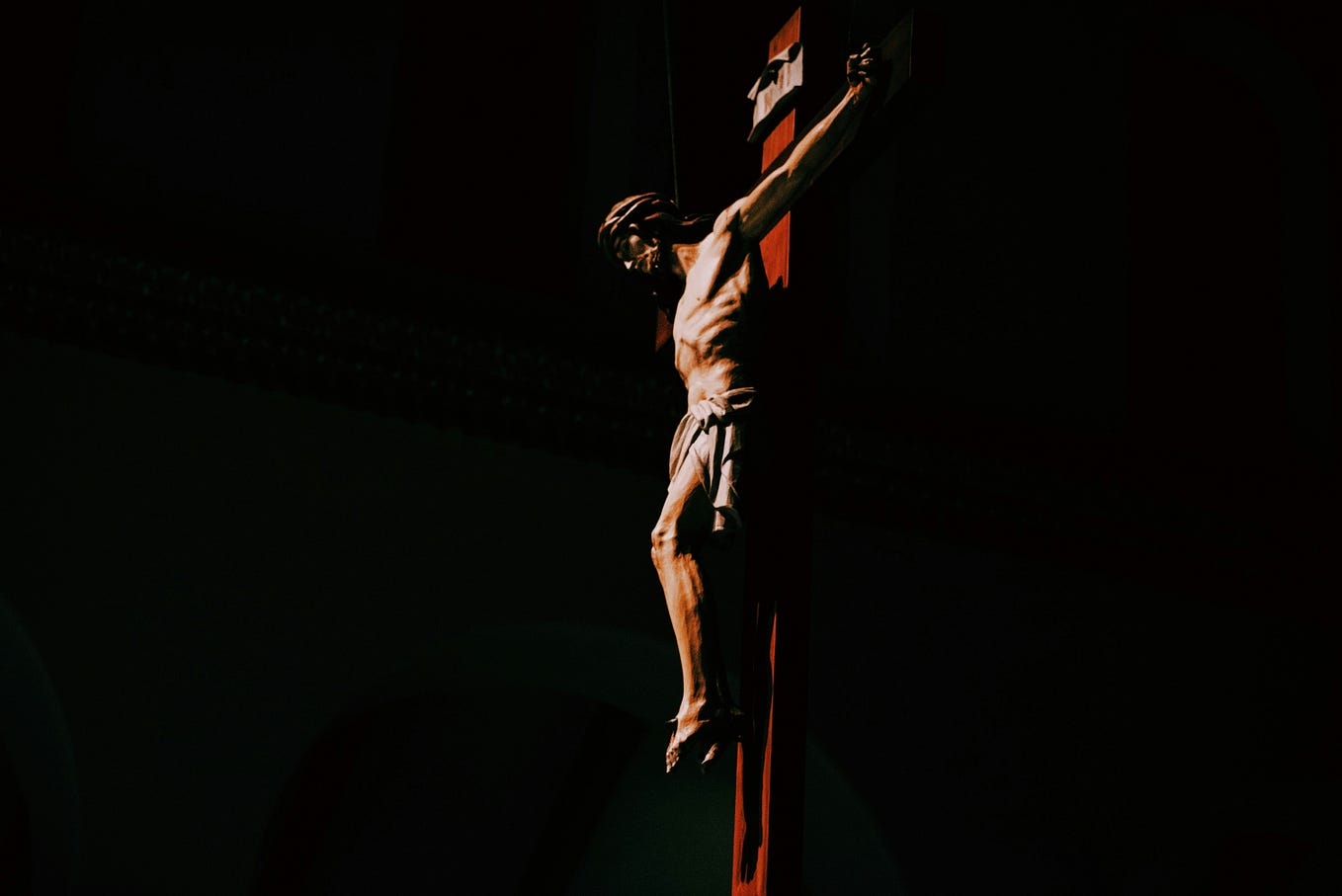
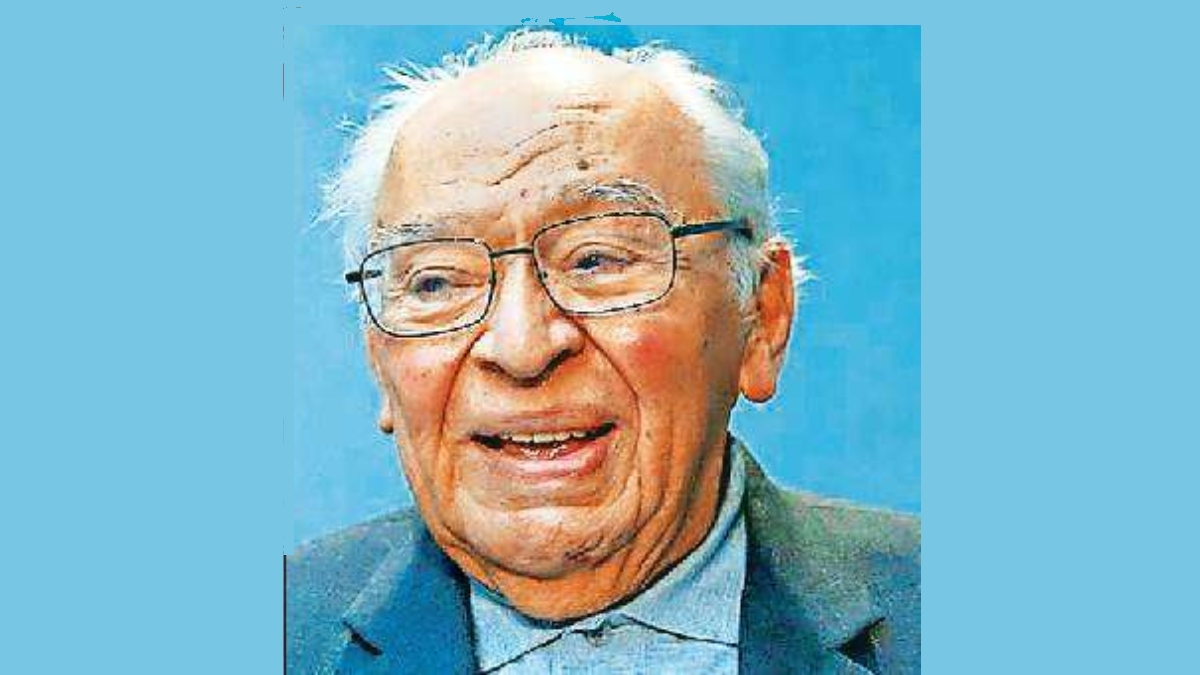
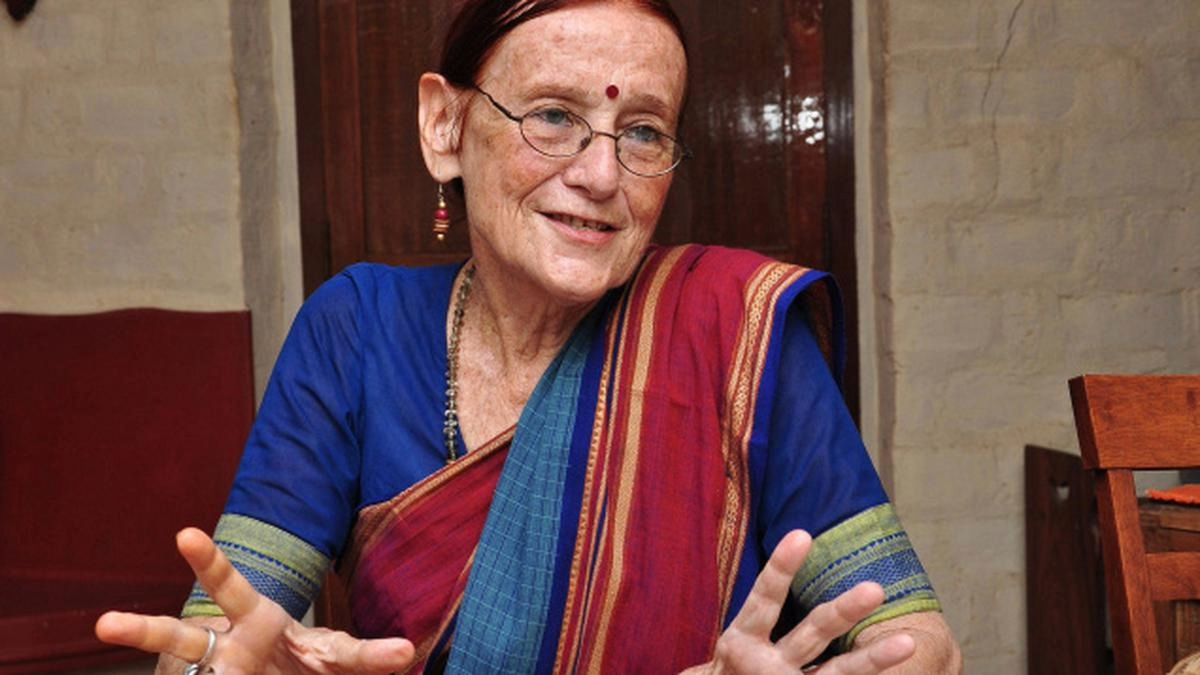
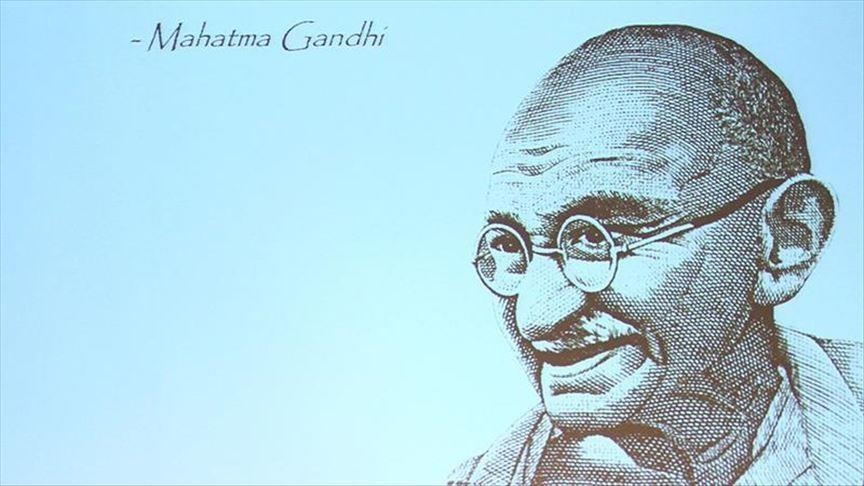
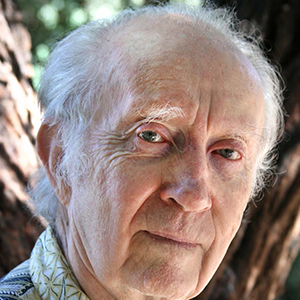

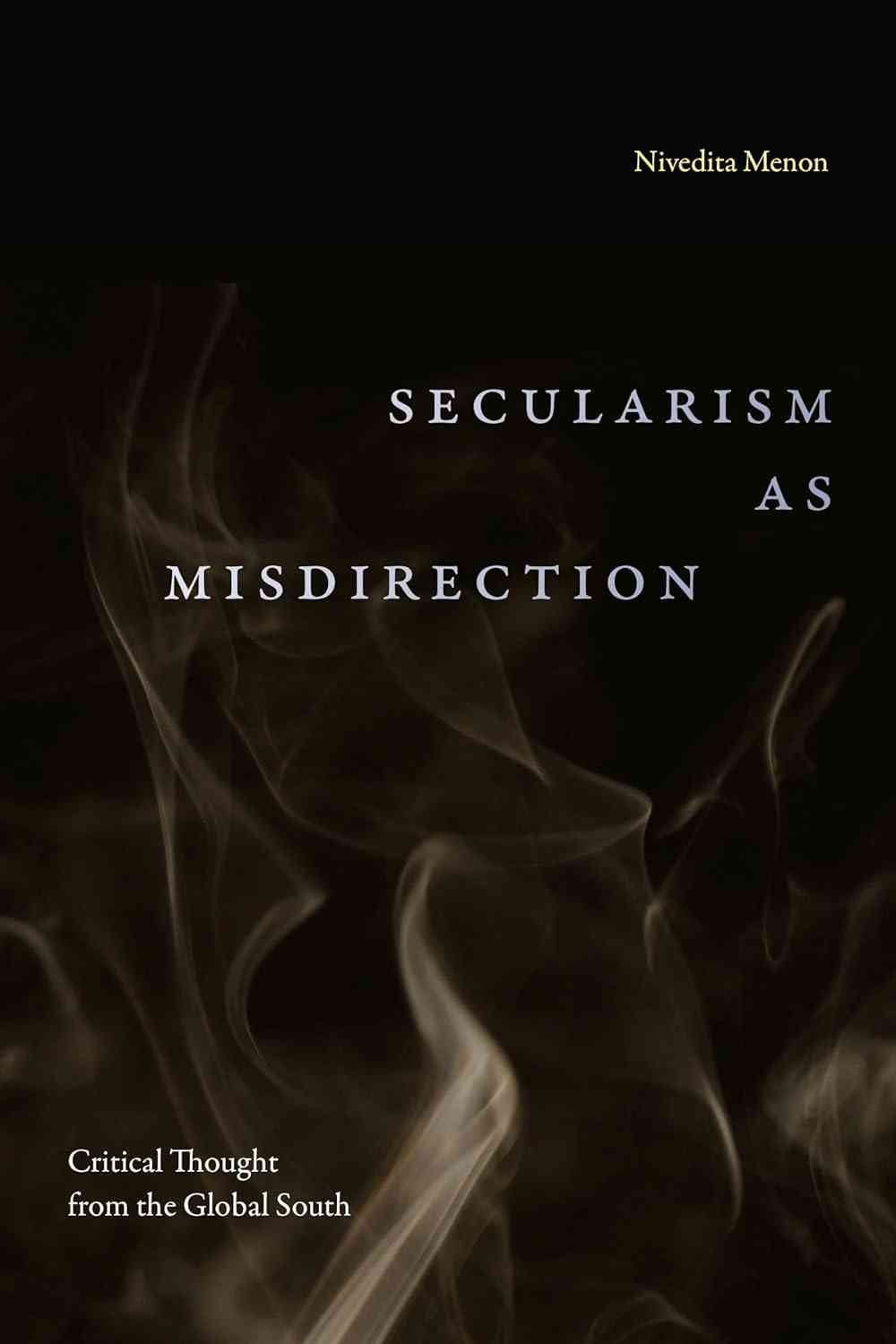

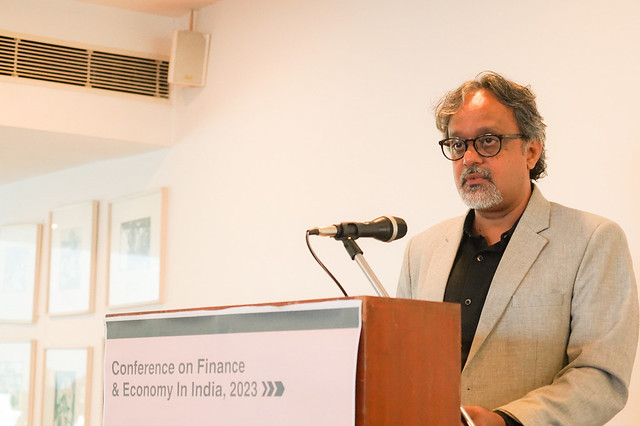
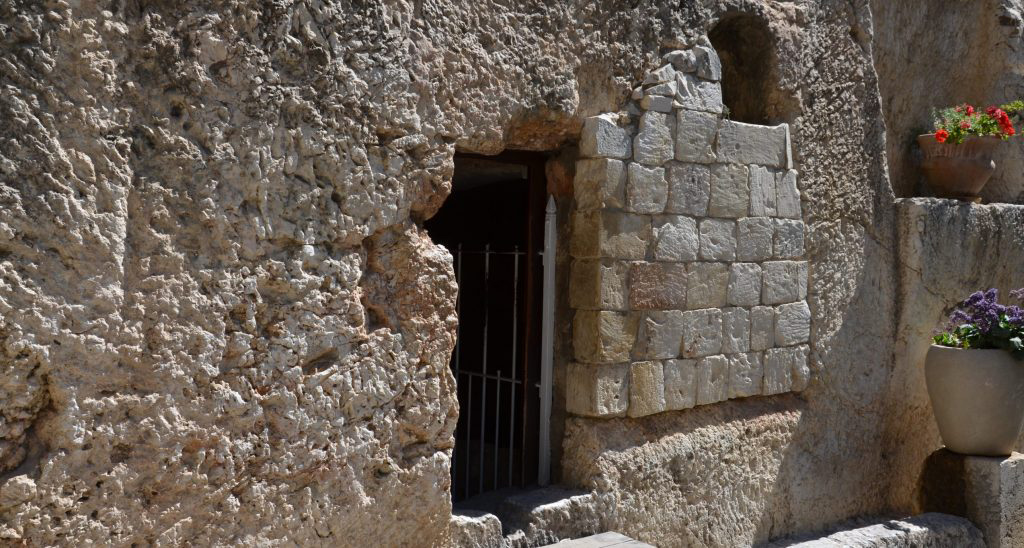
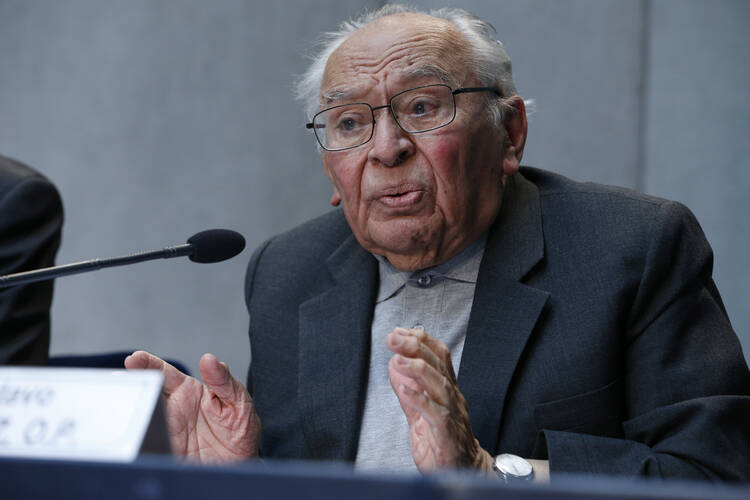
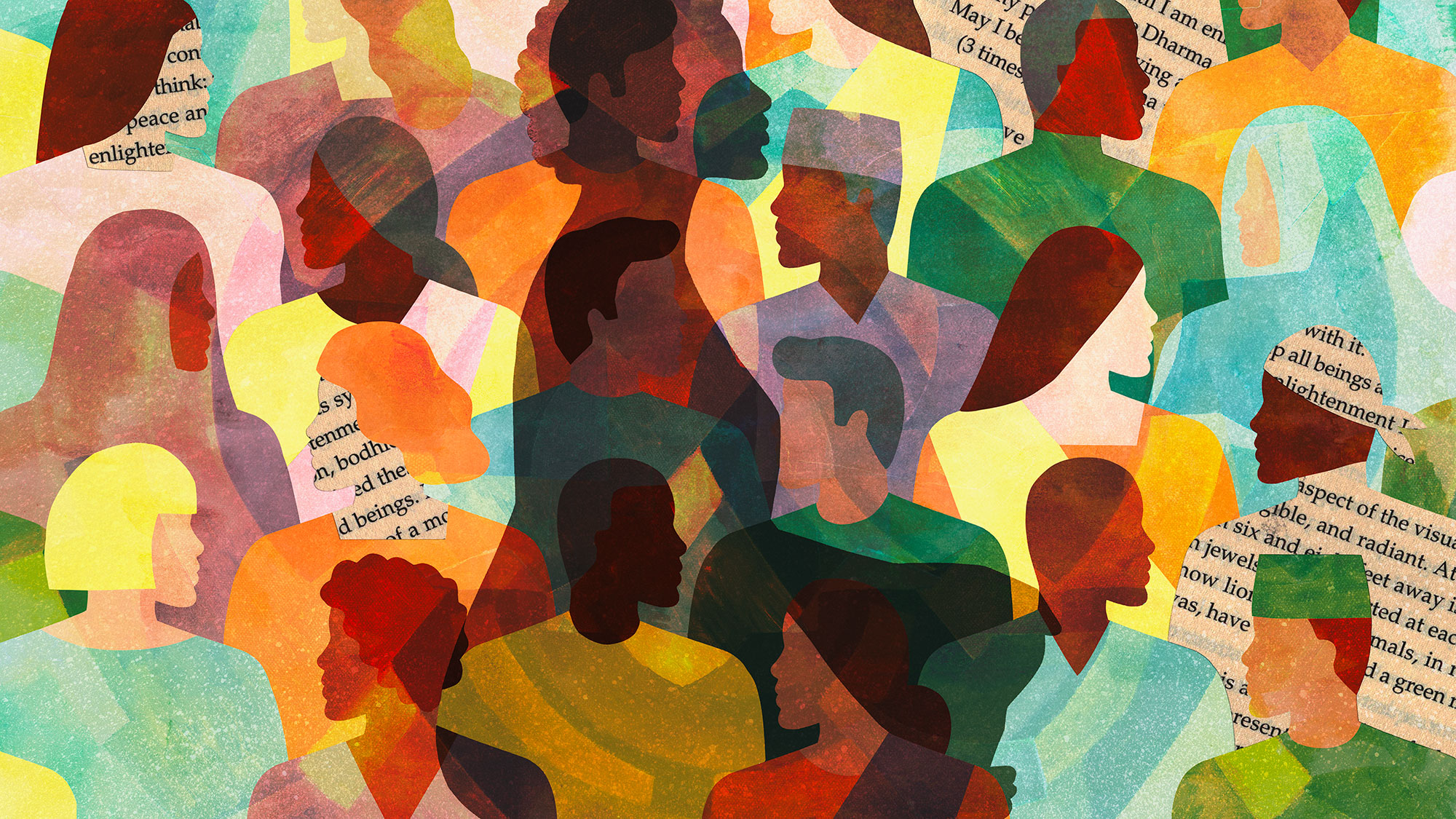
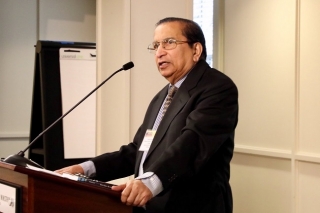
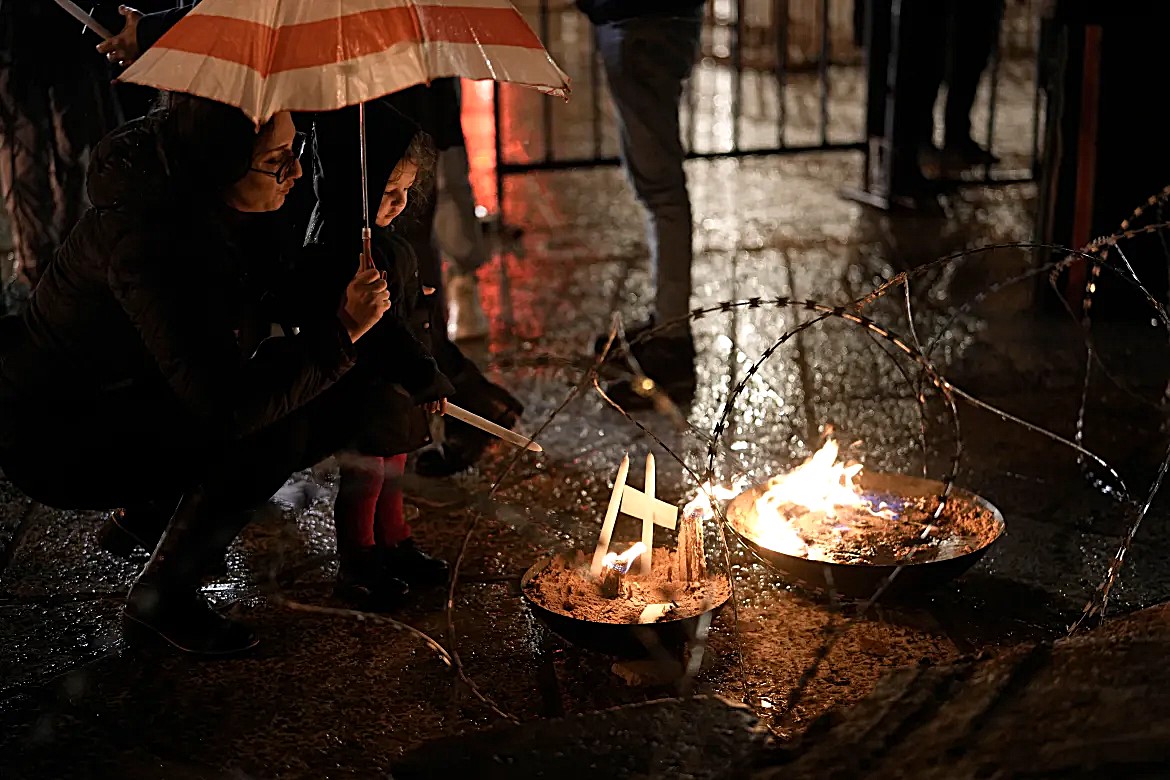

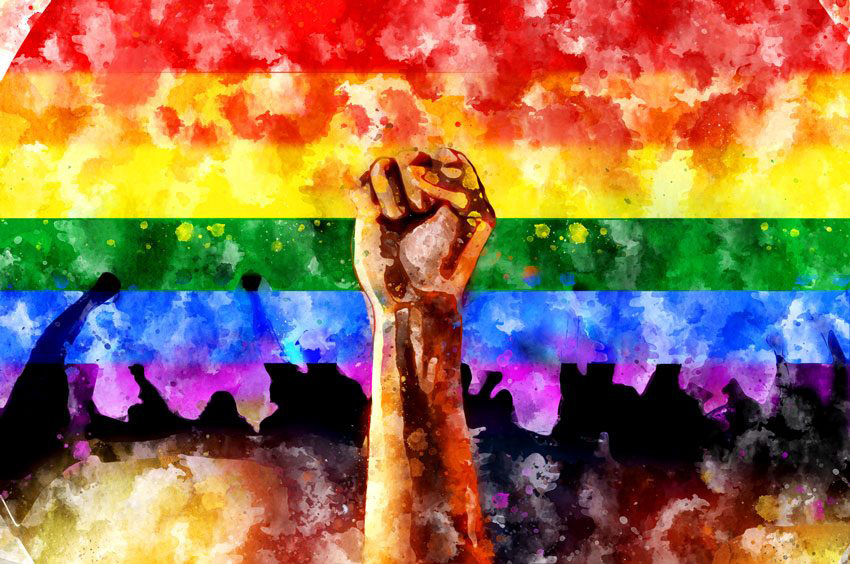
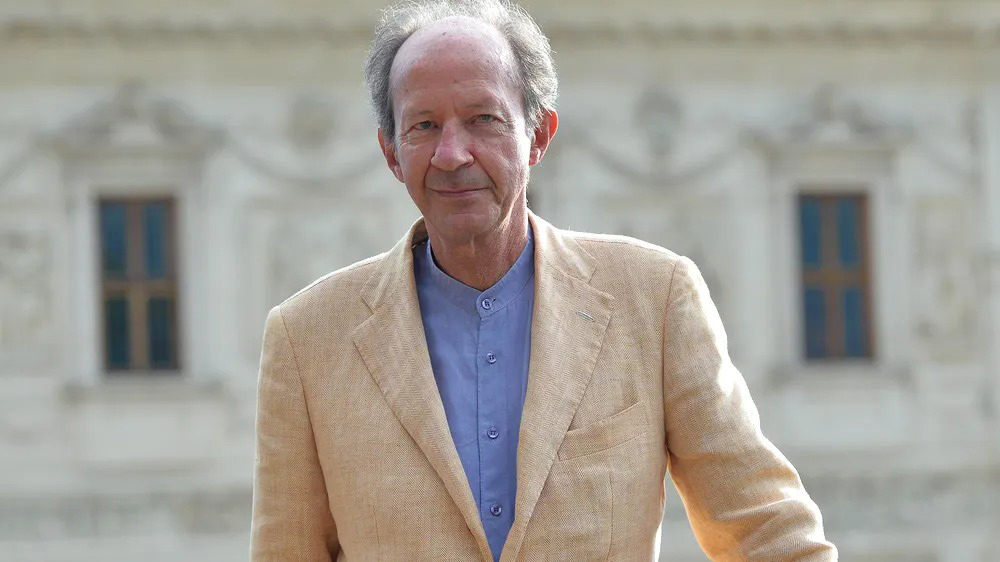
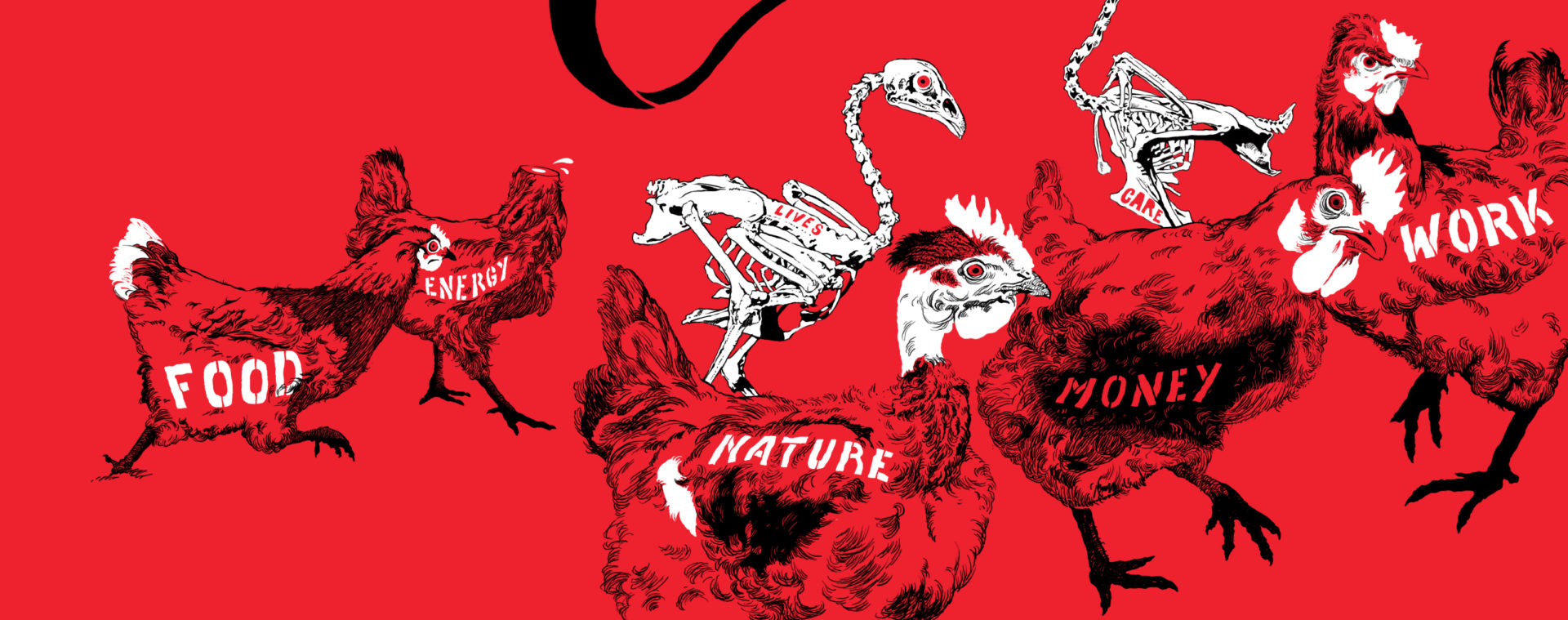
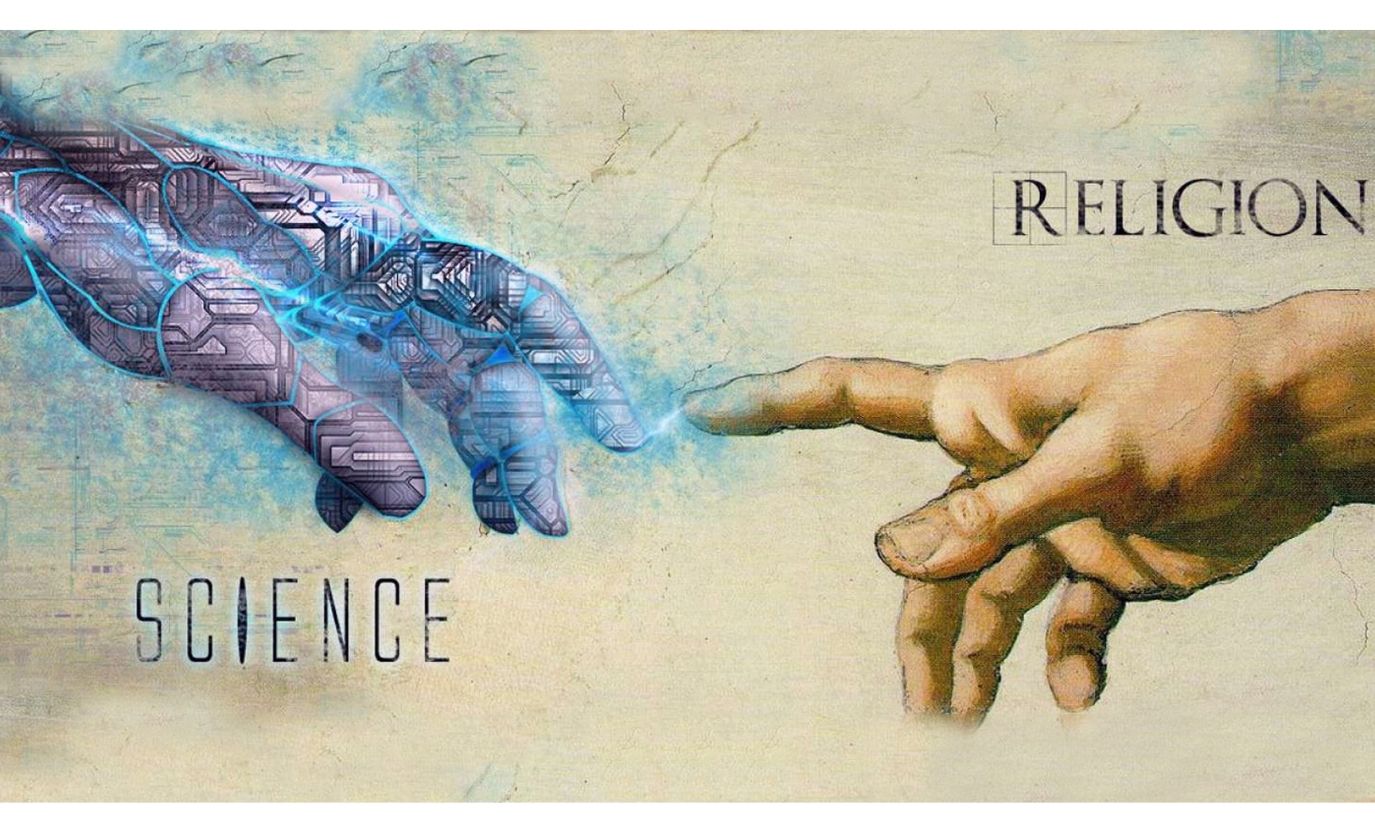
Comments
No Comments